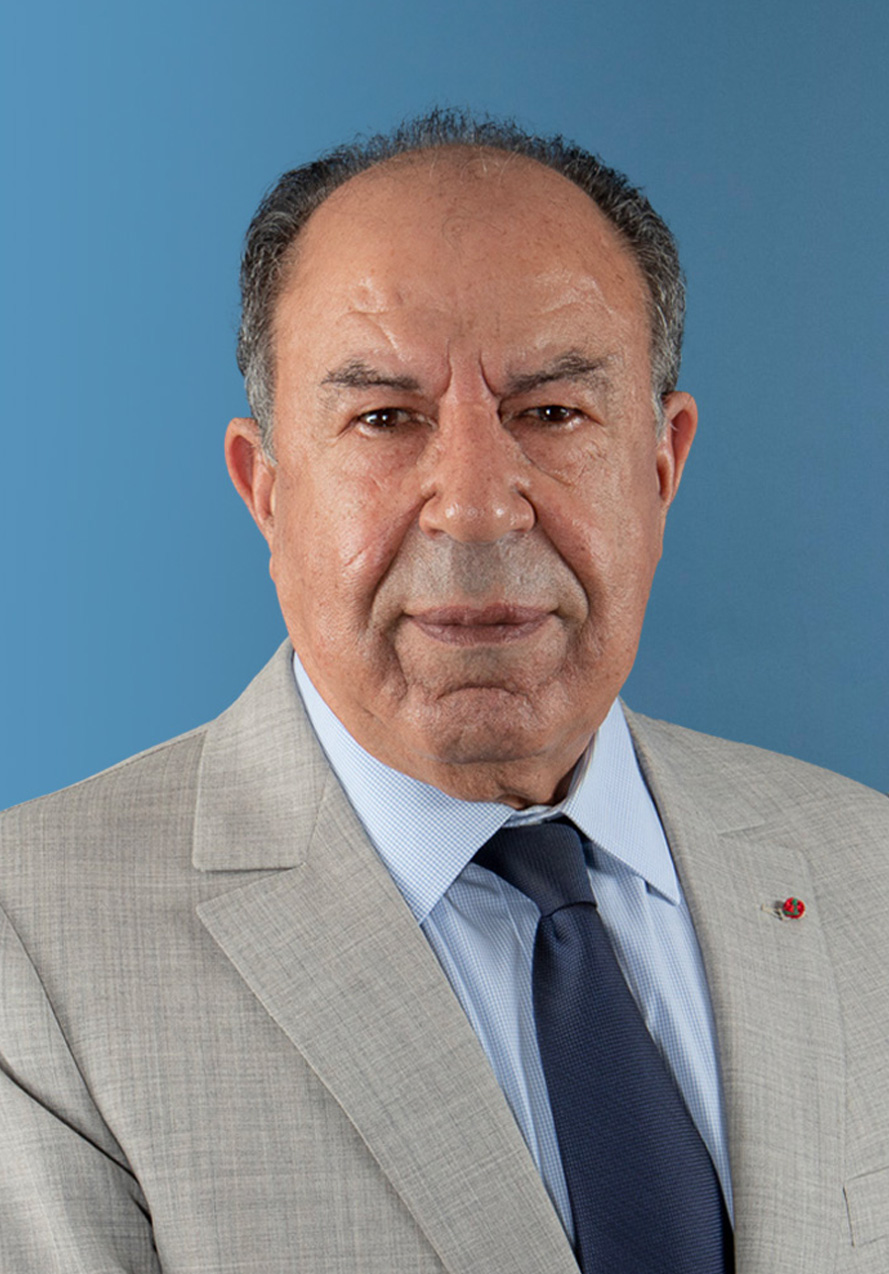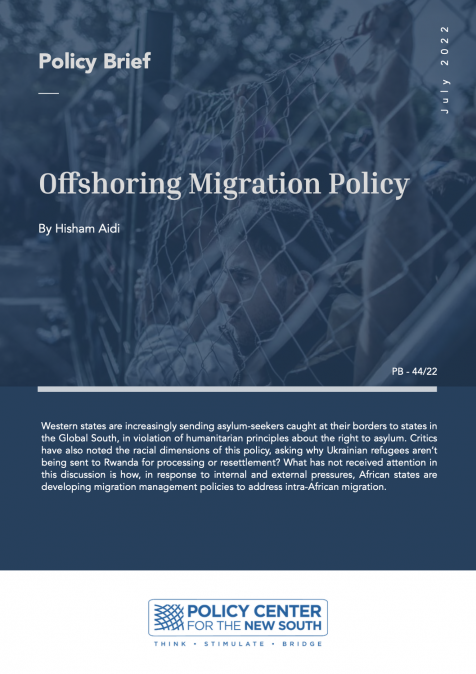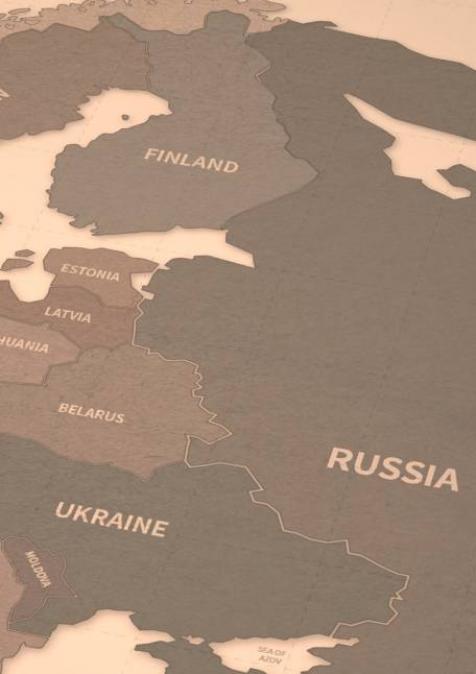Table ronde 2 - Effet de la mesure et de l'évaluation des résultats de l'action publique sur les ...
Table ronde 2 : Effet de la mesure et de l'evaluation des résultats de l'action publique sur les structures d'offre en services : l'épreuve des démarches participatives, collaboratives et partenariales Président : M. YOUSSEF ERRAMI : Directeur Général, ESC Pau Business School, France Modérateur/Rapporteur : M. MOHAMED AMINE ISSAMI : Enseignant - Chercheur - HDR - Groupe ISCAE et Directeur du Développement, des Relations Internationales et de la Communication, Maroc Panélistes : - Mme ANISSA BENHASSINE : Professeure ESSECT Tunis – Université de Tunis - M. MOHAMED QACHAR : Directeur des études du développement et de la recherche routière, Maroc - M. REDOUAN DAAFI : Professeur à l’ENCG – Casablanca, ancien auditeur de l'Inspection Générale de l'Administration Territoriale, Maroc - M. MHAMMED DRYEF : Senior Fellow, PCNS, Maroc














